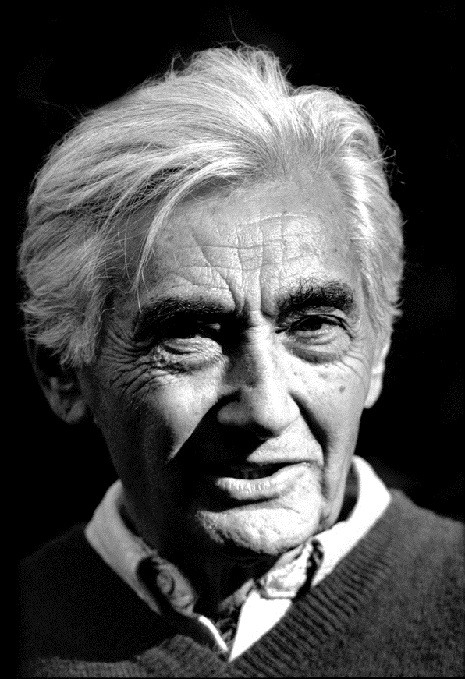
In the annals of activist history, Howard Zinn is a hallowed name, though without much rally from any cult of personality. The A People’s History of the United States author is known mostly for his seminal work and activism, as he took great pains to keep his private life private. Author Martin Duberman starts A Life on the Left by noting that Zinn actually went out of his way to destroy any personal affects, journals, etc that would reveal anything about his private life, perhaps remembering the good work that has been marred by the personal lives of its participants. However, the book is a compelling chronicle of Zinn’s contribution to US activism and academia, as well as the history of the US Left, itself.
The book only falls short for brief flaws, none of which are unheard of in the canonization of activists. First, while inference into Zinn’s interior life might help us understand him better, the speculations on his affairs and his wife’s insinuated mental health issues don’t actually contextualize him or his work, nor do they appear to give a better understanding of him as a husband or father. While I don’t believe in protecting a man’s legacy (and I’m aware he’s not perfect), frankly, it feels a bit gossipy, and unnecessary. The only other (again, minor) gripe I have is that the author (a historian himself) tends to devolve into polemics in what is otherwise a fairly professional account. It’s probably an excruciating exercise in abstinence for a historian to cover World War 1, Vietnam, Civil Rights, Reagan, etc without inserting their own analysis, but Zinn’s views are still the focus, so it never strays too far.
What it does well is a lot. The book gives a great analysis of his body of work; Zinn was more than just A People’s History. While I expected a strong focus on his most famous work, the book doesn’t skimp on Zinn’s theoretical pieces. Disobedience and Democracy: Nine Fallacies on Law and Order is as much a primer for young activists as Saul Alinsky’s Rules for Radicals, providing an analytical basis for protest and dissent in common speak language. Moreover, the earlier works that made waves in academia are often overlooked, and it’s a welcome backstory to learn.
The book is more about Zinn’s activism, organizing, and protest than his writing, however. Ardently averse to the stodgy academic, Zinn was arrested multiple times during direct actions in desegregation and civil rights organizing in the south. His regular arrests and organizing, as well as his subversive teaching style, caused constant clash with both his major tenures, Spelman (a black women’s college in Atlanta), and Boston College. While his later time in Boston was marked by a malicious conservative university president denouncing him at every turn (and once accusing him of trying to set a university building on fire), his clashes during his first position are almost more interesting. While Spelman obviously pushed for improvement in the socioeconomic standing of Southern black communities, the college did not advocate breaking the law. At one point, the president of Spelman accuses Zinn of a sexual relationship with a student, on the basis of giving her a ride. It’s under this sort of scrutiny and fear that Zinn continued to break the law in the name of social justice, and remain an ardent radical in spite of the benefits he would have received from compromising as a fair weather liberal.
Identifying as “something of a Marxist,” and, unlike his colleague and friend Noam Chomsky, refusing to fully commit to a label of socialist or anarchist, Zinn was motivated by the work to be done, and not by an ideological dogma. With our current struggles in mind, the 60s and 70s feel so prescient, and in reading the book, there’s a hopeful tone when all the progress made in a single lifetime is laid out before us. A Life on the Left is a history book, using the life of a man to reflect the conditions of history; I think Zinn would have approved.